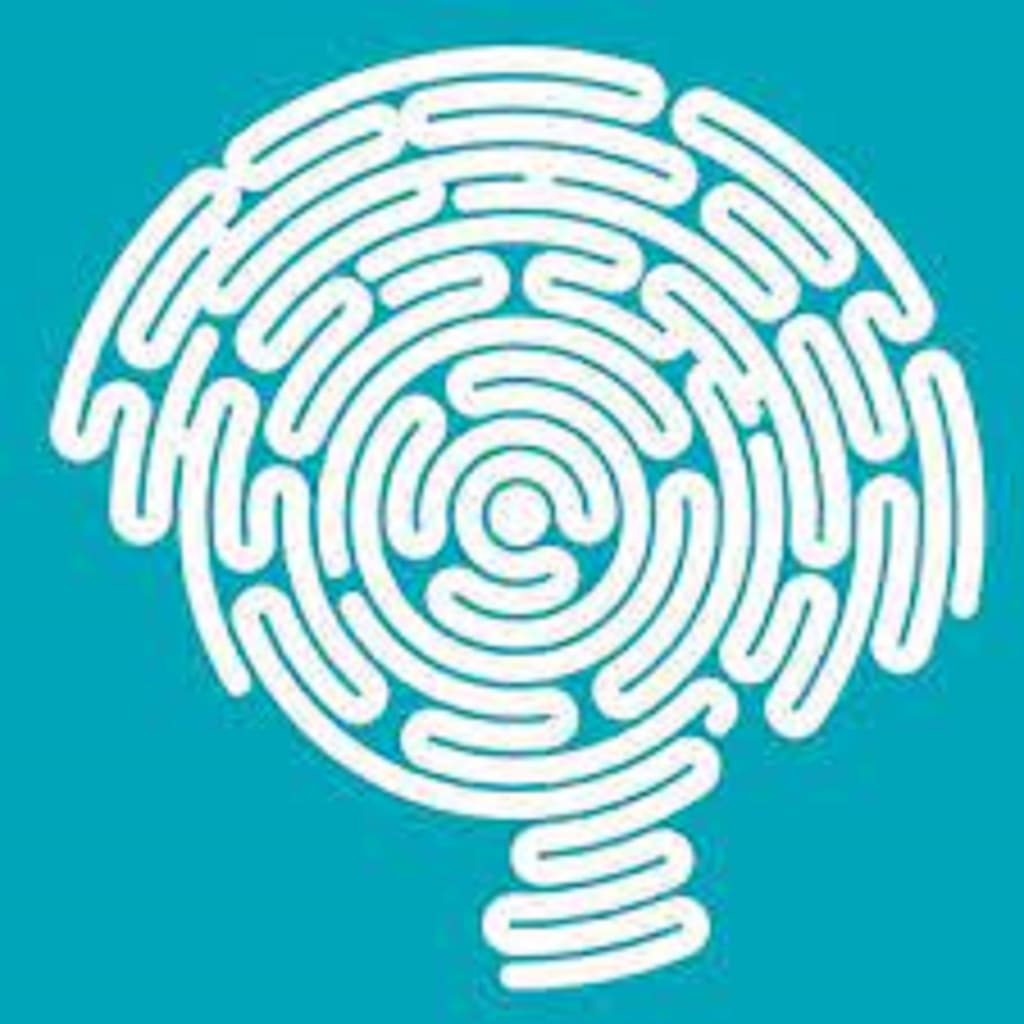The Science of Habit Formation
How to Make Good Habits Stick

The Science of Habit Formation: How to Make Good Habits Stick
Introduction:
Habits shape our lives, influencing our actions and determining our outcomes. Whether it's adopting a healthier lifestyle, being more productive, or cultivating positive relationships, the science of habit formation can empower us to make lasting changes. In this article, we will explore the importance of understanding the science behind habit formation, share inspiring real-life examples of individuals who have successfully developed good habits, and provide actionable steps to help you make your desired habits stick.
Why Understanding Habit Formation Matters:
Habit formation is a fundamental aspect of human behavior. By understanding the science behind habits, we can leverage this knowledge to break free from negative patterns and create positive, sustainable changes in our lives. Research has shown that habits are formed through a three-step loop: cue, routine, and reward. By identifying and manipulating these components, we can effectively develop and reinforce good habits.
Real-Life Examples:
1. Lisa's Story: Lisa struggled with maintaining a consistent exercise routine. She decided to apply the science of habit formation to establish a daily workout habit. Lisa started by identifying a specific cue - putting on her workout clothes as soon as she woke up. She then established a routine of exercising for 30 minutes every morning. To reinforce the habit, Lisa rewarded herself with a healthy smoothie after each workout. Over time, this habit loop became ingrained in her life, and exercising became an automatic and enjoyable part of her day.
2. Mark's Story: Mark wanted to improve his productivity and reduce distractions while working from home. He realized that his biggest challenge was constantly checking social media on his phone. Mark decided to break this habit by modifying the cue, routine, and reward. He placed his phone in another room during work hours (cue modification), replaced his social media browsing with focused work sessions (routine modification), and rewarded himself with a short break to enjoy a cup of tea and stretch (reward modification). These intentional changes helped Mark create a new habit of focused work, significantly boosting his productivity.
Steps to Make Good Habits Stick:
1. Identify the Cue: Recognize the trigger that precedes the desired habit. It could be a specific time of day, a location, an emotional state, or an action by someone else. Being aware of the cue helps you establish a connection between the cue and the habit you want to develop.
2. Design the Routine: Create a clear and achievable routine that aligns with your desired habit. Break it down into smaller, manageable steps that can be easily integrated into your daily life. Start with small increments and gradually increase the difficulty as you progress.
3. Create a Reward System: Associate a meaningful and positive reward with the completion of your habit. It could be something as simple as giving yourself a small treat, engaging in a favorite activity, or acknowledging your progress. The reward reinforces the habit and creates a sense of accomplishment.
4. Practice Consistency: Consistency is key to habit formation. Commit to practicing your desired habit daily, even if it's just for a few minutes. Consistency helps reinforce the neural pathways associated with the habit, making it more automatic over time.
5. Monitor and Adjust: Regularly evaluate your progress and adjust your approach if needed. Reflect on any challenges or setbacks you face along the way and find strategies to overcome them. Tracking your progress can provide motivation and help you stay on track.
Conclusion:
Understanding the science of habit formation empowers us to create positive changes in our lives. By recognizing the cues, designing effective routines, and establishing rewarding systems, we can make good habits stick and transform our daily actions. Real-life examples demonstrate how individuals have successfully harnessed the science of habit formation to adopt healthier lifestyles, enhance productivity, and achieve personal growth.
Take charge of your habits. Harness the science behind habit formation to cultivate positive changes and unlock your full potential. Remember, it's the consistent small steps that lead to significant transformations.
Keywords to remember : habit formation, science of habits, positive habits, cue, routine, reward, real-life examples, productivity, personal growth, consistency, sustainable changes.





Comments
There are no comments for this story
Be the first to respond and start the conversation.